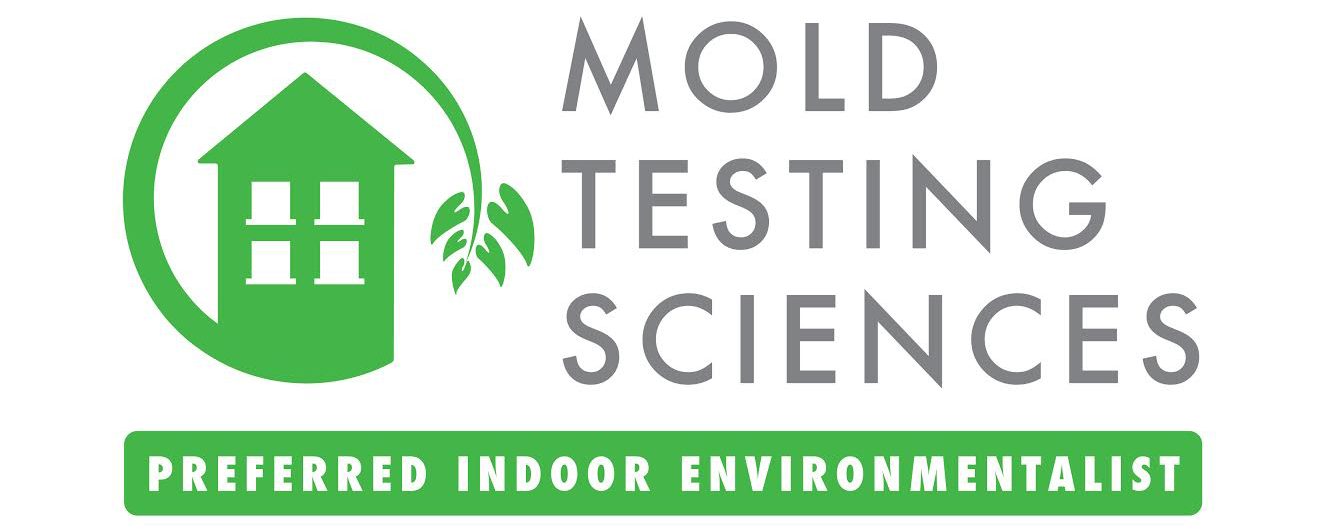Mold isn’t a bad word. It exists naturally both indoors and outside, breaking down dead organic matter and making the world habitable for humans and animals. Without mold, many of our favorite foods – including mushrooms, cheese, bread, and dried fruit, as well as vital medicines like penicillin, wouldn’t exist!
Mold is only a problem when there is too much of it, or when the type of mold is toxic. Strains like Stachybotrys Chartarum and Chaetomium produce highly-toxic mycotoxins that are extremely hazardous to health, particularly infants and young children, the elderly, and those with compromised immune systems. However, all mold strains can be harmful if the number of spores in any breathing space exceeds the “normal” limit. Mold thrives in humid environments, which make Florida structures the perfect petri dish for rapid growth.
Mold exposure can cause a number of adverse health effects, including:
- allergies
- aspergillosis
- asthma
- bleeding lungs
- cancer
- chronic aches and pains
- chronic cough
- dermatitis
- diarrhea
- earaches
- fatigue
- flu-like symptoms
- fungal pneumonia
- headaches
- hearing impairment
- itching/burning (eyes, throat, skin, etc.)
- memory loss
- nausea
- sinus congestion
- sleep disorders
- vertigo (dizziness, lightheadedness)
If you suffer from any of these health issues, get your home and office including the AC duct work tested for mold. Air quality is important to our well being. With more than 100,000 strains, as well as its penchant for the dark and hidden places in your home or business. It is necessary to have your living space tested by a professional, Florida licensed mold assessor and certified indoor environmentalist like Shari at Mold Testing Sciences, Inc.
